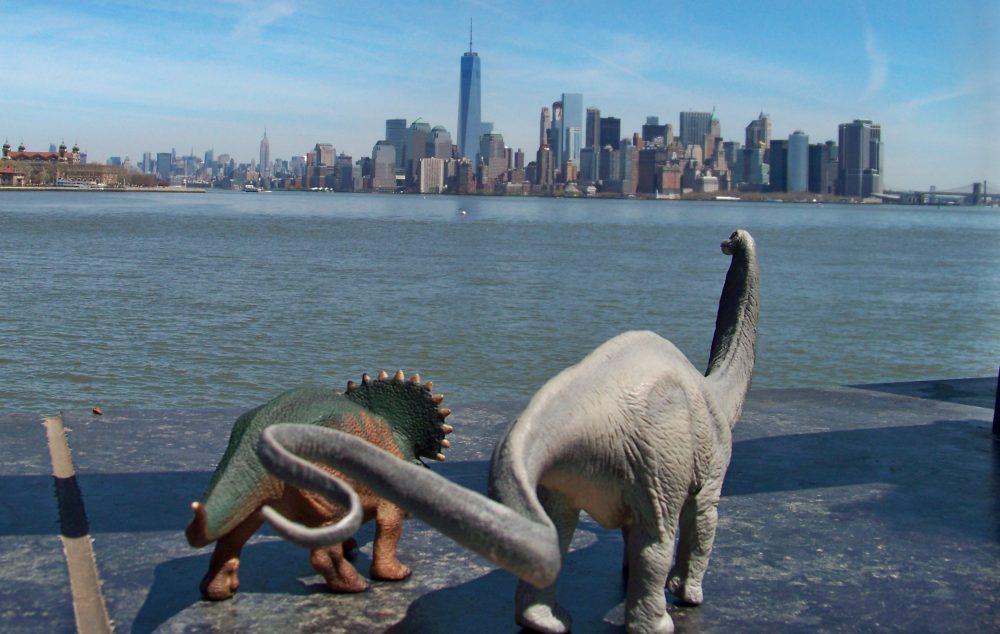 Four of five stars
Four of five stars
One day, while on an international flight somewhere over the Pacific, Bill Bryson looked out the airplane window and realized he knew virtually nothing about the ocean — indeed, the planet — below him. As he says in his introduction: “I didn’t know why the oceans were salty but the Great Lakes weren’t…I didn’t know what a proton was, or a protein, didn’t know a quark from a quasar, I didn’t know how geologists could look at a layer of rock and tell you how old it was…I became gripped by a quiet, unwonted urge to know a little about these matters and how people figured them out…and so I decided to devote a portion of my life to reading books and journals and finding saintly, patient experts prepared to answer a lot of outstandingly dumb questions.” This book is the result of his three-year quest to distill all general scientific knowledge into one easily accessible, readable, and above all understandable volume.
Bryson covers the construction of the universe and the deconstruction of DNA; reintroduces us to scientific pioneers such as van Leeuwenhoek and Mendel, Newton and Hooke; and terrifies us with volatility of the not so solid ground beneath our feet and the sheer number of bacteria we carry around on our skin. But he doesn’t just present us with facts. He also tells us how we discovered those facts: how we came to know what we know. It all makes for fascinating reading. His material can be a trifle dry at times, but Bryson does a good job of making even the most dessicated scientific idea entertaining. Plus, there’s the additional cool factor of the occasional lovely oddball word, like fossiliferous.
Other than required basic biology courses, I’ve never formally studied science. But I’m curious, and I’ve developed a grand fascination with the subject over the years. I often tell my husband if I ever go back to college, my course of study will be in one of the -ologies. If you’re like me and have the least bit of curiosity about the mechanics of the universe, you ought to read this book, too.
